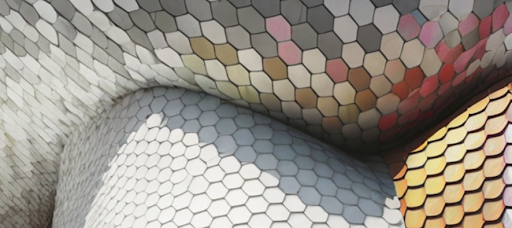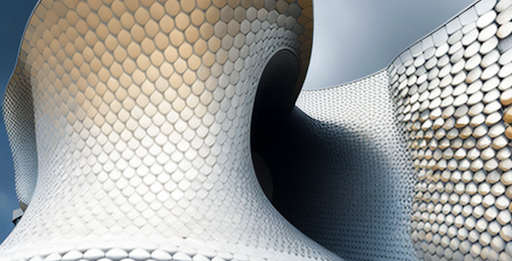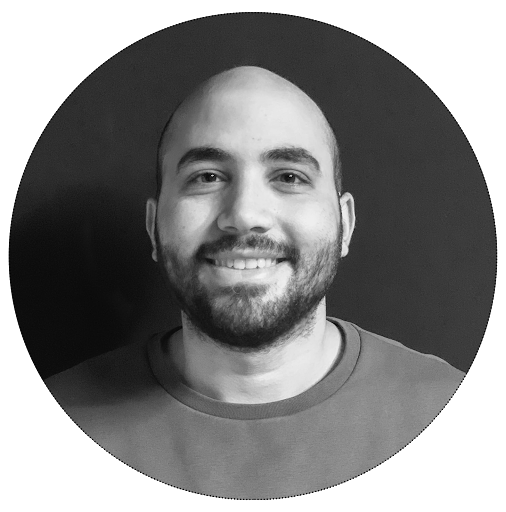IAAC – Institute for Advanced Architecture of Catalonia
Global Summer School Program 2023
Online Course: Computational Design // Decoding Geometry for Machine Learning
Duration: from the 3rd until the 7th July 2023
DECODING GEOMETRY FOR MACHINE LEARNING

Syllabus
Without a doubt, Machine Learning has gained significant popularity in many diverse domains, yet its practical implementation may not be fully comprehended until a thorough exploration of its usage. This workshop is designed to acquaint participants with machine learning basics in the context of architecture, offering theoretical foundation and practical examples that demonstrate the application of machine learning concepts for geometrical optimization.
Previous scripting knowledge for the course is not required as participants will learn how to set up workflows that cover topics such as parametrizing geometry, scripting, interoperability, and cloud computing. By understanding the algorithms commonly used in architecture and their geometrical applications, participants will demystify the complexity associated with them. The ultimate goal is to create a seamless workflow that connects data and architecture, which can be applied to various design applications in the domain.
In order to explore these concepts, participants will also learn to set up a workflow that will touch upon other topics such as parametrizing geometry, scripting, interoperability and cloud computing, which will allow them to harness the power behind all of these tools in order to create a seamless workflow that links data and architecture, and can be applied to many other applications in the design domain.

Pictures credits: Midjourney
Learning Objectives
At course completion the student will:
- Understand how geometry is parametrizes and decoded into data that can be processed
- Learn how to transport encoded geometry between different platforms
- Develop critical thinking into is possible to achieve with Machine Learning geometrically
- Understand Algorithmic thinking, by breaking down complex routines into smaller pieces
- Understand fundamental concepts of Machine Learning
- Learn different strategies for geometry rationalization using Machine Learning techniques.
Previous Knowledge / Students background requirements
The workshop is open to all applicants with a bachelor degree related to the fields of Architecture, Design, Arts and Engineering willing to engage in the program. A basic understanding of parametric tools (Grasshopper) is required. Although it’s not a prerequisite, any previous scripting experience will be useful for the course. No previous extensive knowledge is required. The participants will receive lectures and classes to be introduced to the workshop’s topics, softwares and tools.
Faculty

David Andres Leon is an architect with focus in the research and development of computational tools for Architecture, Construction and Design. He is Head of Computational Design of the AAG group, Director of the Master in Advanced Computation for Advanced Architecture MACAD and Senior faculty of the faculty of the Masters for Advanced Architecture in IAAC, where he teaches in the Digital Matter studio alongside Areti Markopoulou. David also teaches programming for architects as a guest teacher in the MPDA Masters program of the UPC. He was formerly employed by McNeel to provide support for Developers worldwide.
https://iaac.net/dt-team/david-andres-leon/
Twitter: @dadandroid
https://www.linkedin.com/in/davidandresleon/
Instagram: @dvdndrs
Faculty Assistant

Hesham Shawqy is an architect, and computational designer, focusing on computational design, artificial intelligence, and web development. He is currently working at Grimshaw, London as a computational design specialist.
Hesham is also leading the Complex Forming seminar in the MACAD program. Recently he has been working at IAAC as a research assistant working on machine learning models deployments.
Hesham received his Master’s degree in Advanced Computation for Architecture & Design in 2021. His research interests focus on digitizing handcrafts using Machine learning and robotic fabrication. In the past, he worked as an individual consultant on a range of design projects varies from product design, historical documentation, urban development, museums, products, exhibitions, and housing.
https://iaac.net/dt-team/hesham-shawqy/
https://www.linkedin.com/in/hesham-khaled/
Instagram: @hesham.shawqy
WEEKLY SCHEDULE & TIMETABLES
Option 1 – Synchronous calendar (Barcelona time – GMT+2)
Recommend to European, African, Asian and Australian participants.
From Monday 3rd July until Thursday 6th July 2023
Teaching activities will run from 10.00 to 14.00 GMT+2
– 8 hrs of live teaching
– 8 hrs of live mentoring and exercises review
– 1 hr of IAAC summer lecture
– Final GSS diploma certificate ceremony
Option 2 – Asynchronous calendar (America time – GMT-4)
Solution recommended to participants from all the time zones who are looking for a more flexible schedule.
From Monday 3rd July until Friday 7th July 2023
Live teaching activities will run from 11.00 am to 1.00 pm (GMT-4)
– 8 hrs of recorded teaching
– 8 hrs of live mentoring and exercises review
– 1 hr of IAAC summer lecture
– Final live GSS diploma certificate ceremony
Workshop schedule
A detailed schedule of the workshop will be shared with the participants prior to the workshop’s beginning.
Main tools
Software
Rhinoceros 7.0. The 90-day trial version can be downloaded from the website www.rhino3d.com/eval.html – Rhino needs to be able to access internet, so crack Versions won’t work for this workshop.
Other software to be specified by session.
Because Grasshopper 3D works best for the Windows operating system, we recommend students to have an installation of Windows (preferable Windows 10 x64). If you have an Apple computer, it is recommended that you install Windows on Boot Camp which will perform better than Parallels or VMWare. It is recommended that you max out the RAM potential on your computer.
Plugins
All Grasshopper plugins will be provided by the instructors.
Hardware
8 GB memory (RAM) or more
At least 600 MB space in the hard drive
Operational System
Windows 10, 8.1 or 7 SP2 (Grasshopper 3D is only currently available for the Windows operating system. For this reason, every student is required to have an installation of Windows).
Note: If you have an Apple computer, it is recommended that you install Windows on Boot Camp which will perform better than Parallels or VMWare.

